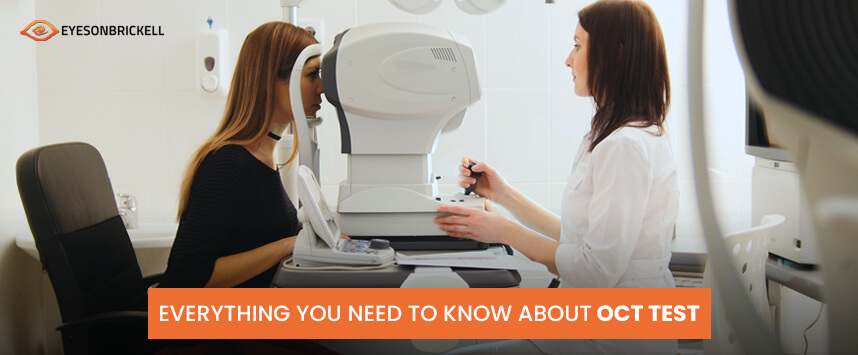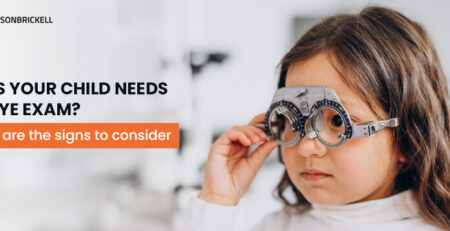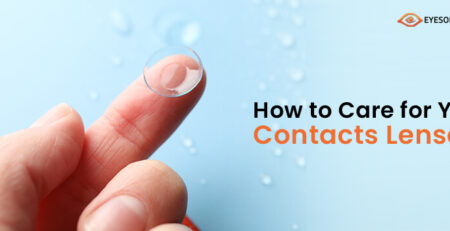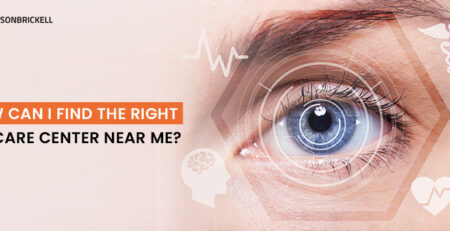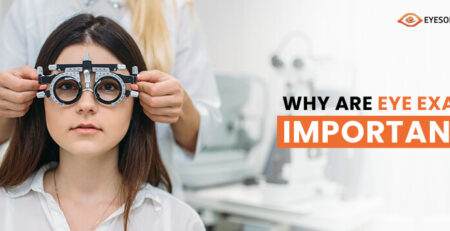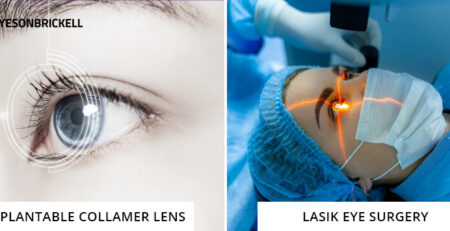Everything You Need to Know About OCT Test
Optical Coherence Tomography (OCT) has evolved over the past decade as one of the most important ancillary tests in ophthalmic practice. It has revolutionized the clinical practice of ophthalmology. This non-invasive imaging technique provides high-resolution, cross-sectional images of the retina, retinal nerve fiber layer and the optic nerve head which helps the doctor to see the layers of the retina and optic nerve in the eye that previously could only be seen after the patient was deceased or if the eye was removed.
What is it Used for?
OCT Eye Test provides a 3D cross-sectional view of the retina to look for several eye conditions. The biggest advantage of OCT technology is that various potential eye diseases can be identified even before symptoms are present. Serious eye diseases can be detected using this technology, including diabetic retinopathy, glaucoma, optic nerve damage, and macular degeneration. As a result, doctors can offer early treatment to protect your vision and avoid long-term eye problems.
OCT eye test allows the profile of the optic nerve to be mapped out and this information is stored in the device’s computer so it can be compared to future scans to see if the disease is progressing or stable. Nothing gives a picture of what’s going on in your eye quite like an OCT image. That’s why the eye specialists at Eyes on Brickell routinely perform OCT Testing in Miami, Brickell and Key Biscayne as part of their comprehensive eye examination.
Benefits of OCT Eye Test
- OCT examination enables doctors to visualize the different retinal layers and pinpoint the exact location of any abnormality with great accuracy.
- The combined information obtained from color photograph and 3D scan gives vastly improved capability to diagnose abnormalities much earlier than previously possible.
OCT eye test is useful in diagnosing many eye conditions, including:
- Macular hole
- Macular pucker
- Macular edema
- Age-related macular degeneration
- Glaucoma
- Central serous retinopathy
- Diabetic retinopathy
- Vitreous traction
OCT eye test is often used to evaluate disorders of the optic nerve as well. The OCT exam helps the ophthalmologist see changes to the fibers of the optic nerve. OCT relies on light waves and cannot be used with conditions that interfere with light passing through the eye. These conditions include dense cataracts or significant bleeding in the vitreous.
When you visit us at Eyes on Brickell for regular eye exams, you can be assured to know that we will keep you updated in the industry. We are always staying abreast of the changes in vision care, to ensure that we offer the best technology and treatments in our eye care centers. Our doctors have worked hard to develop a strong reputation as one of the leading Eye Doctors in Key Biscayne, Miami, and Brickell.
We focus on your visual health and offer excellent experience when you visit our eyecare center and we invite you to schedule your appointment Today. We are more than happy to help you.

